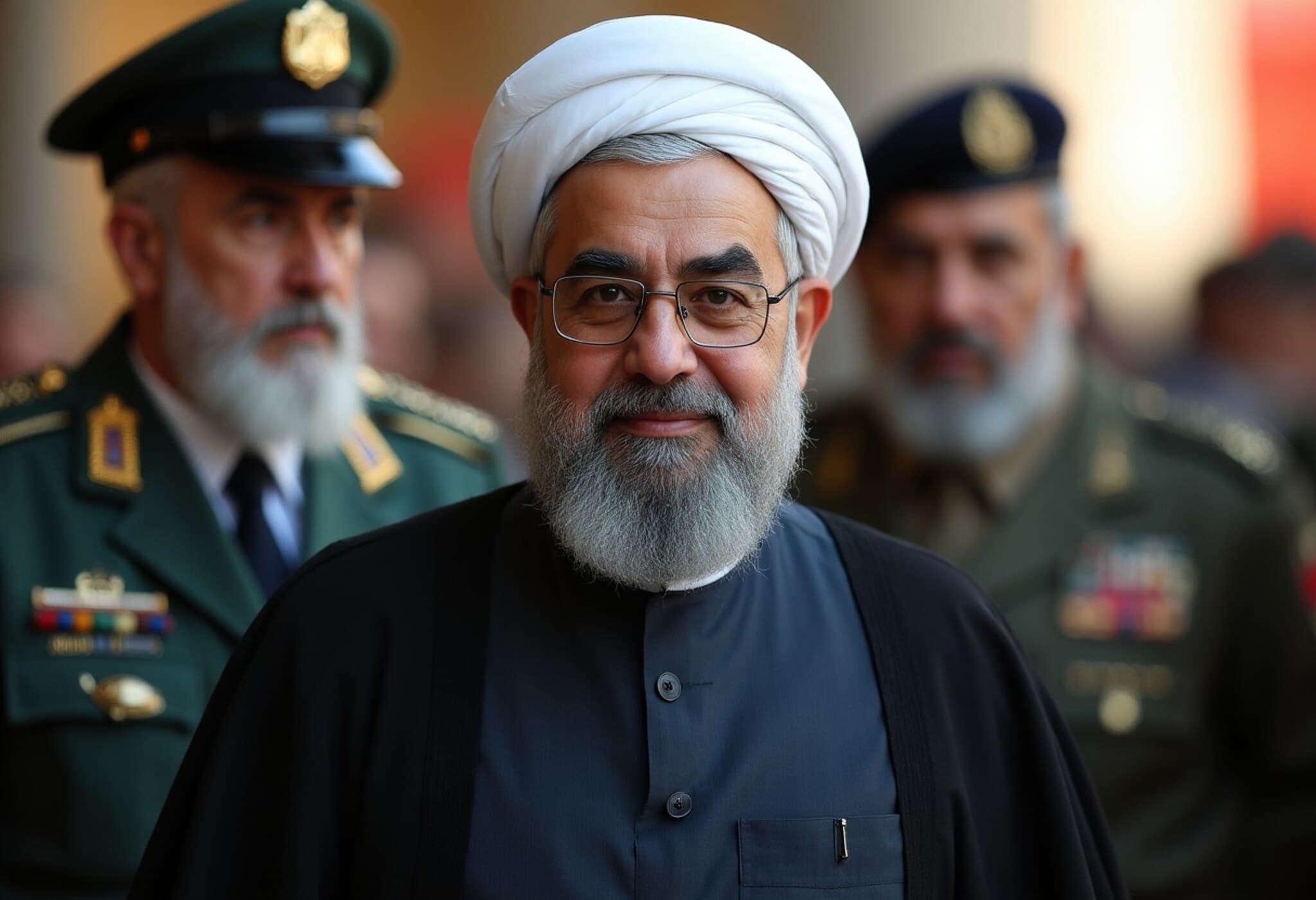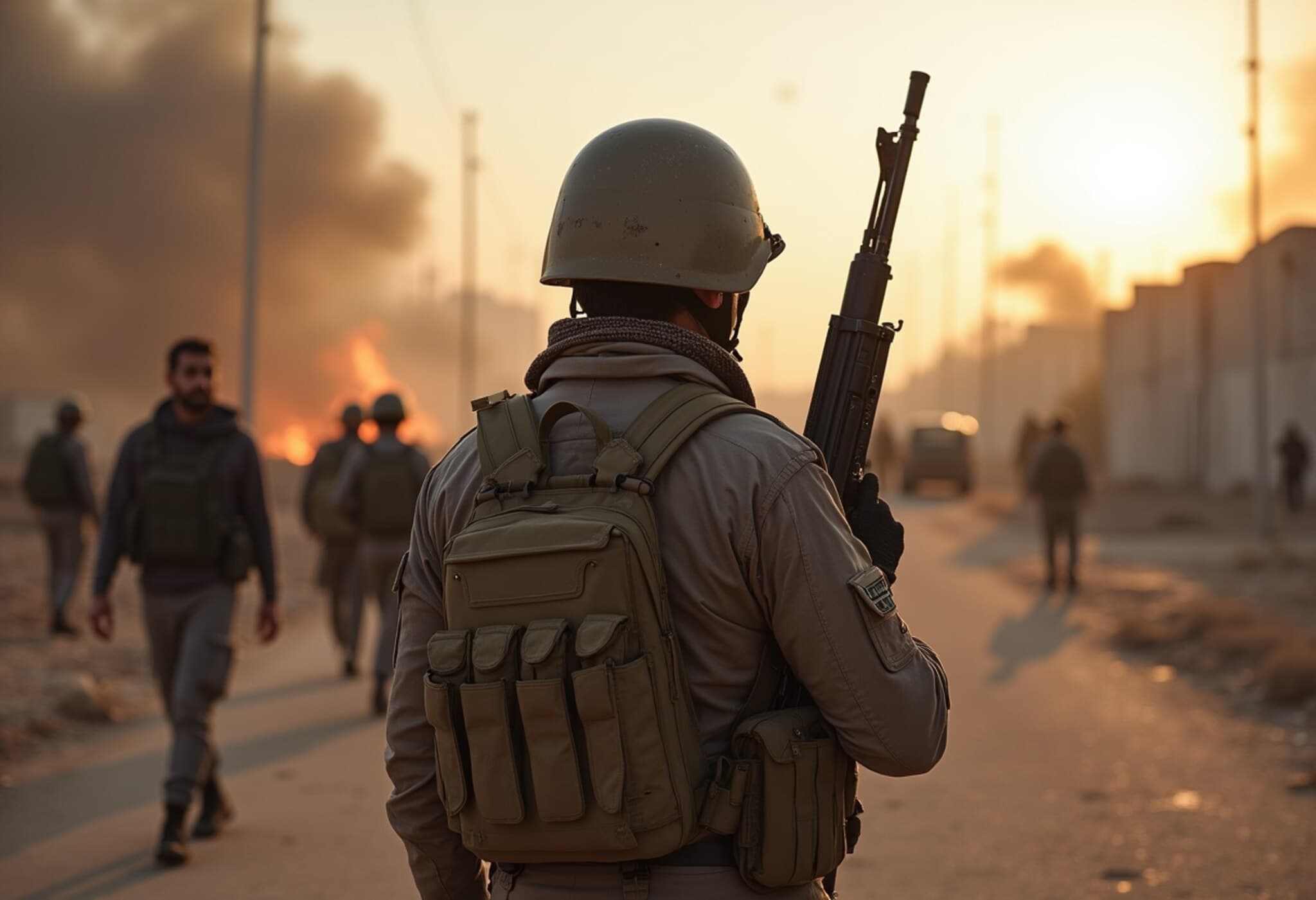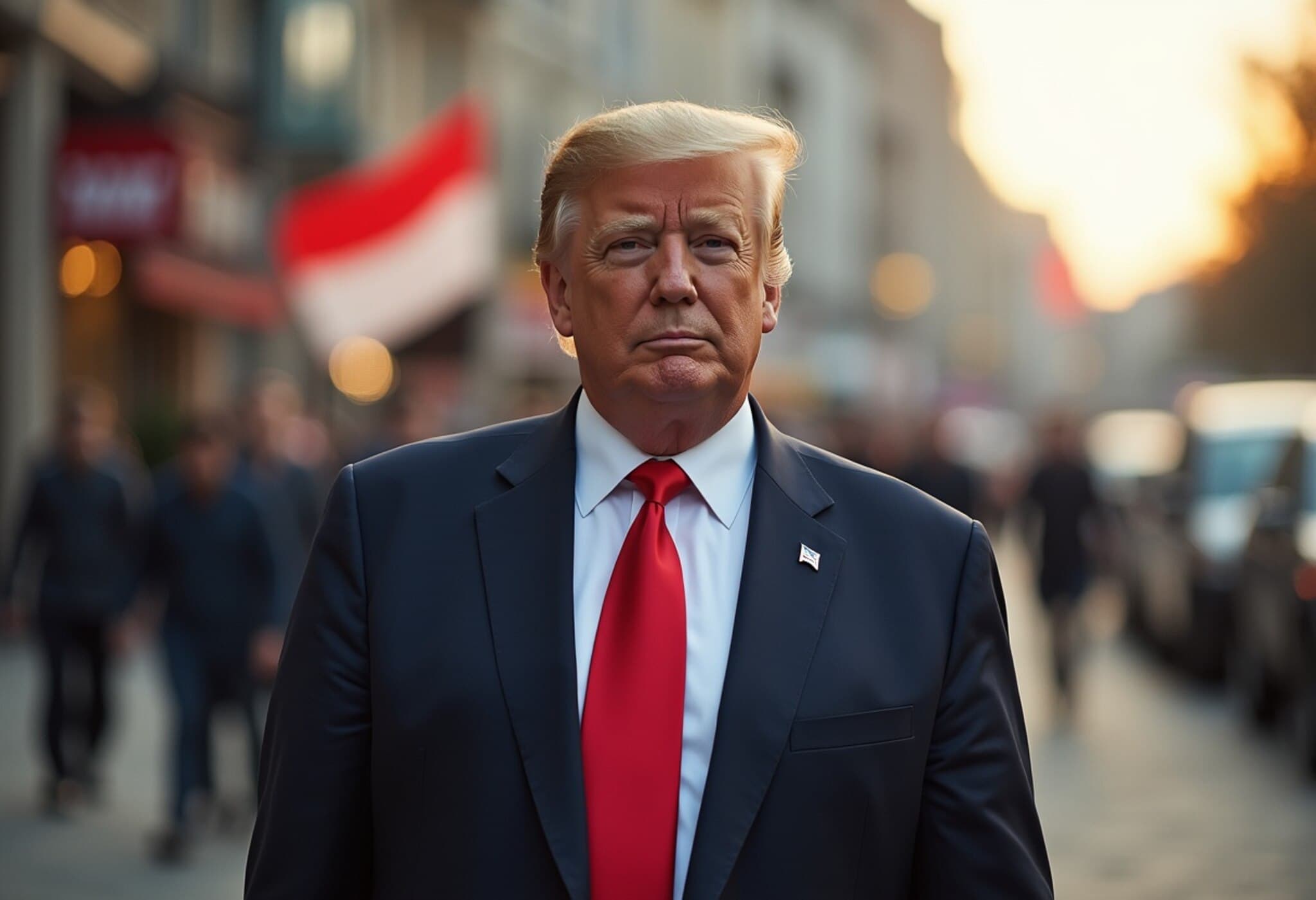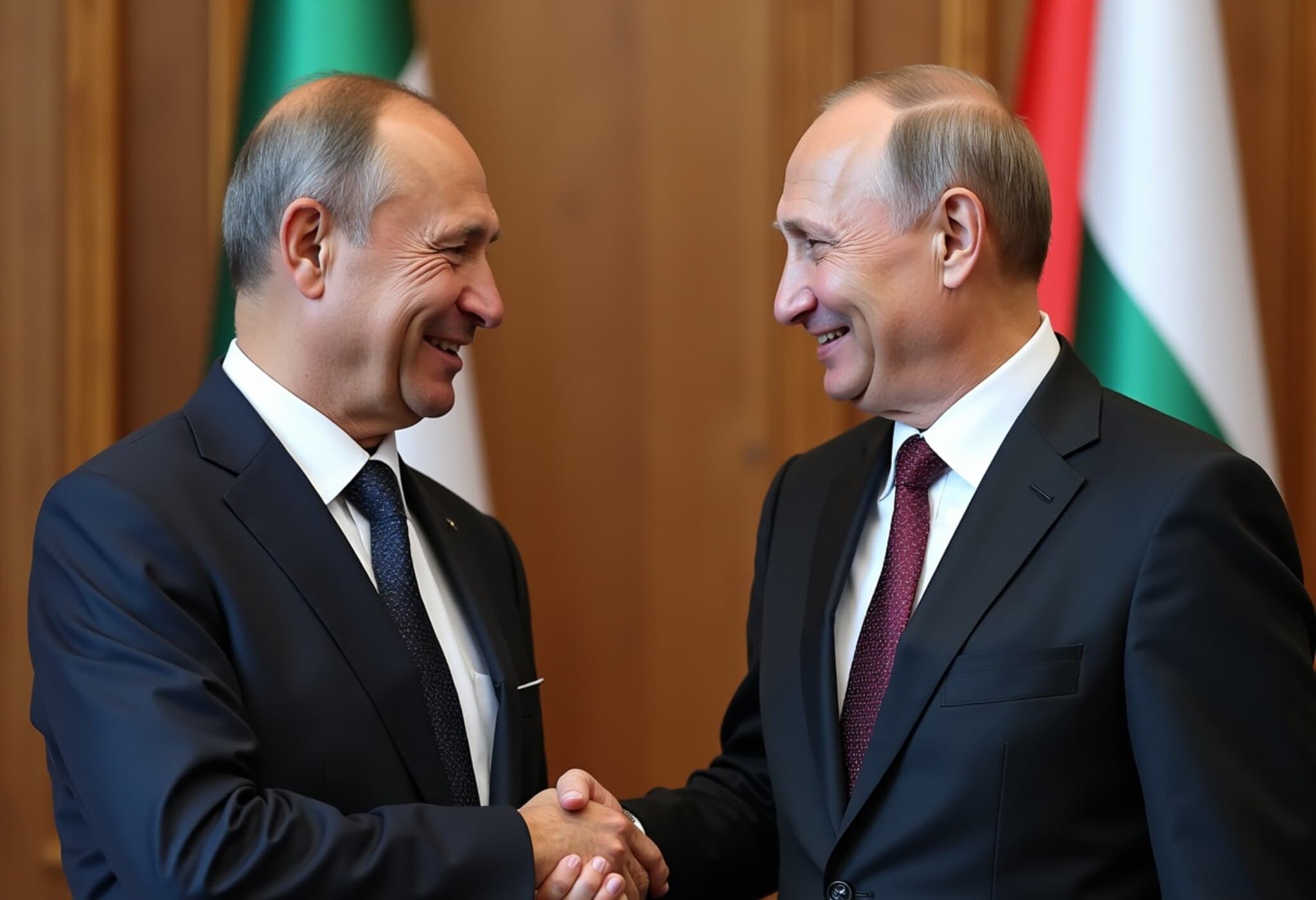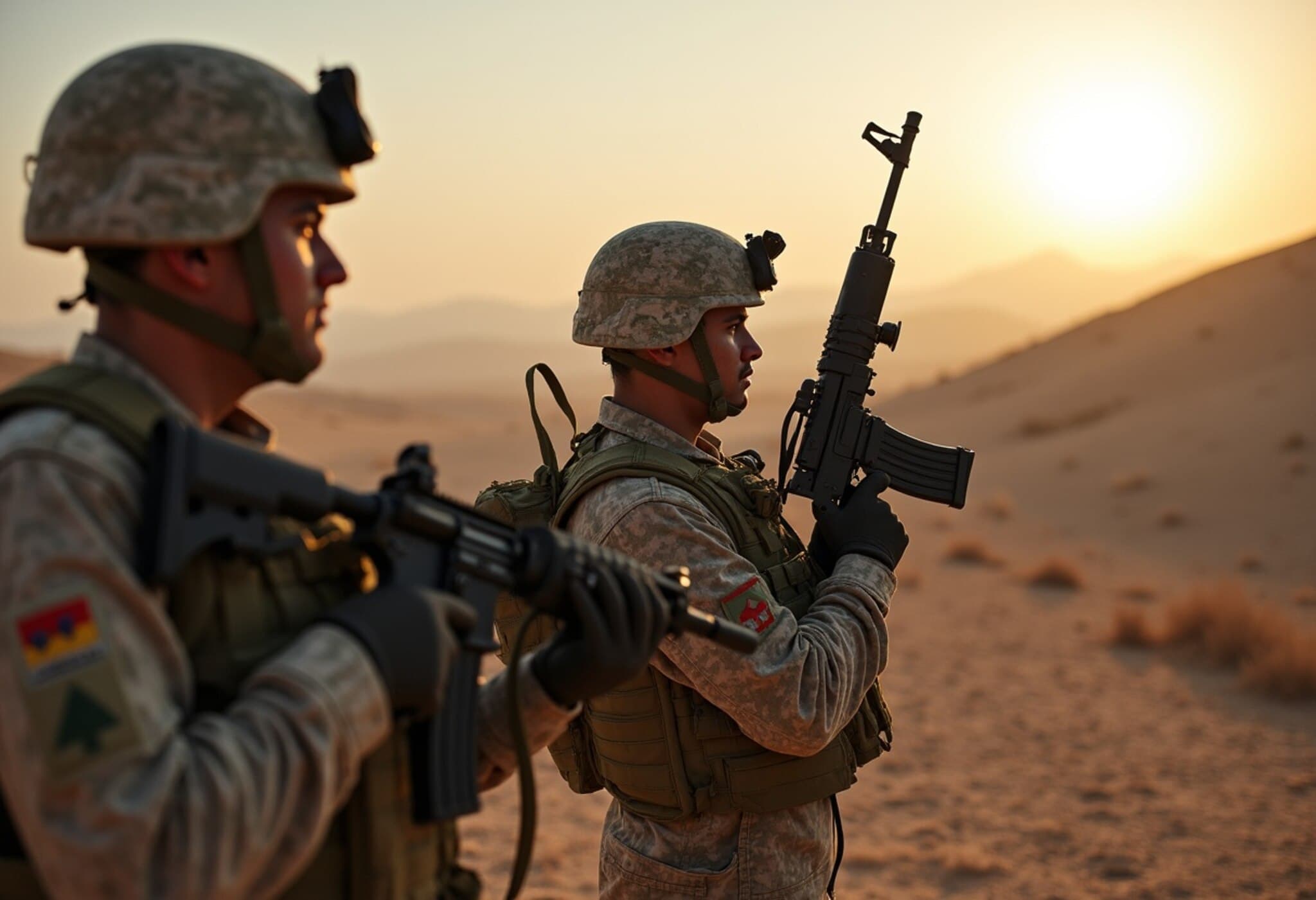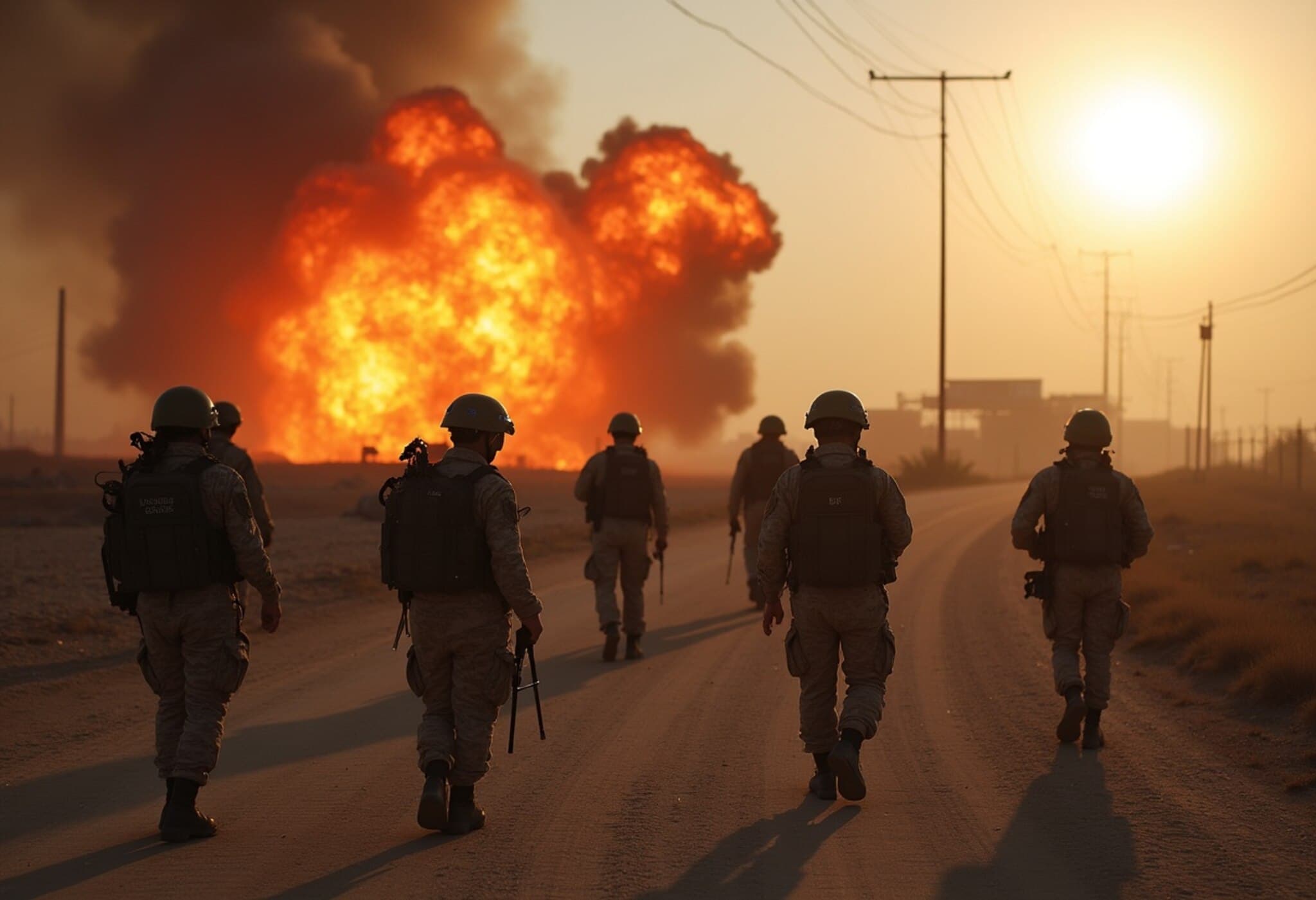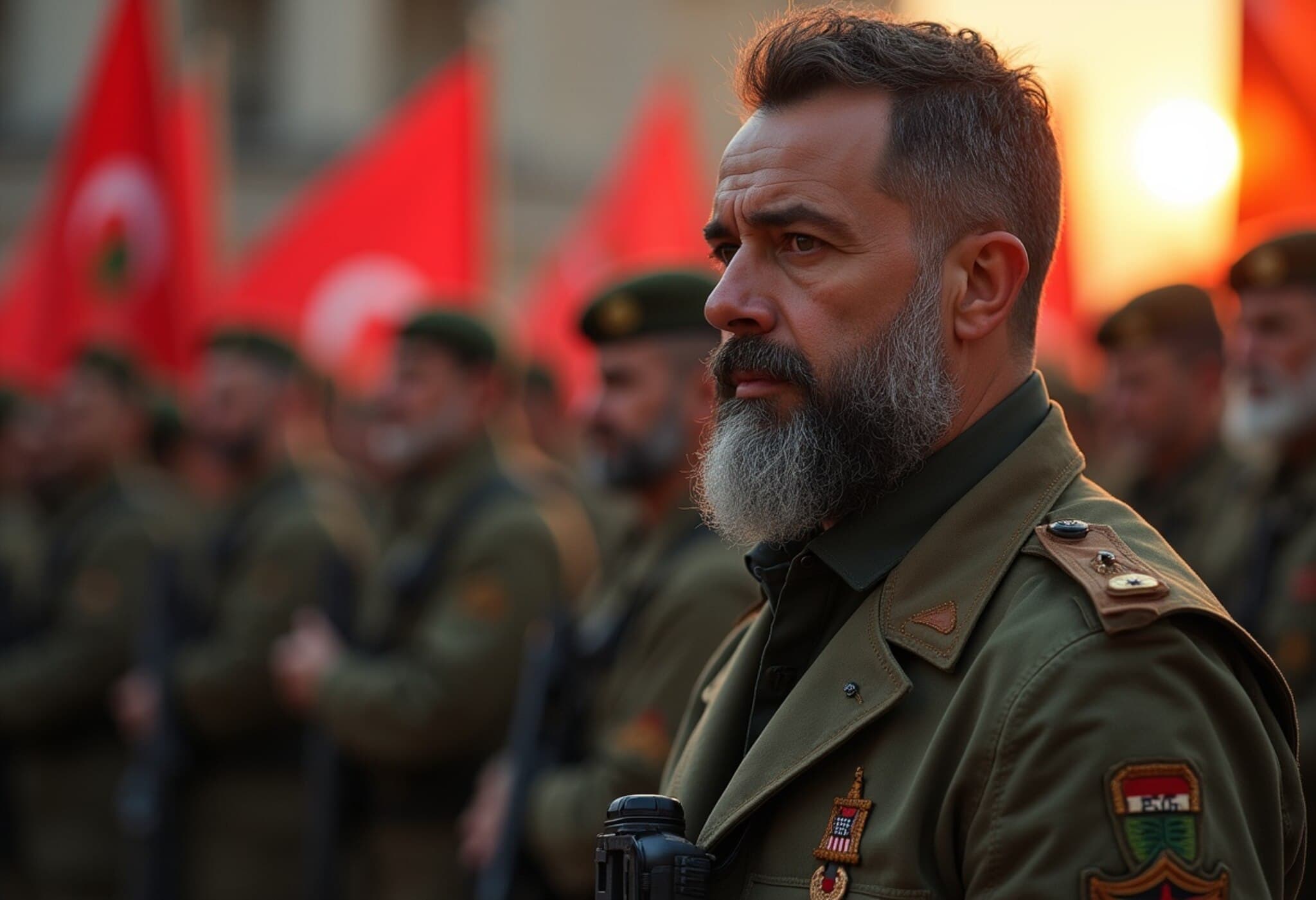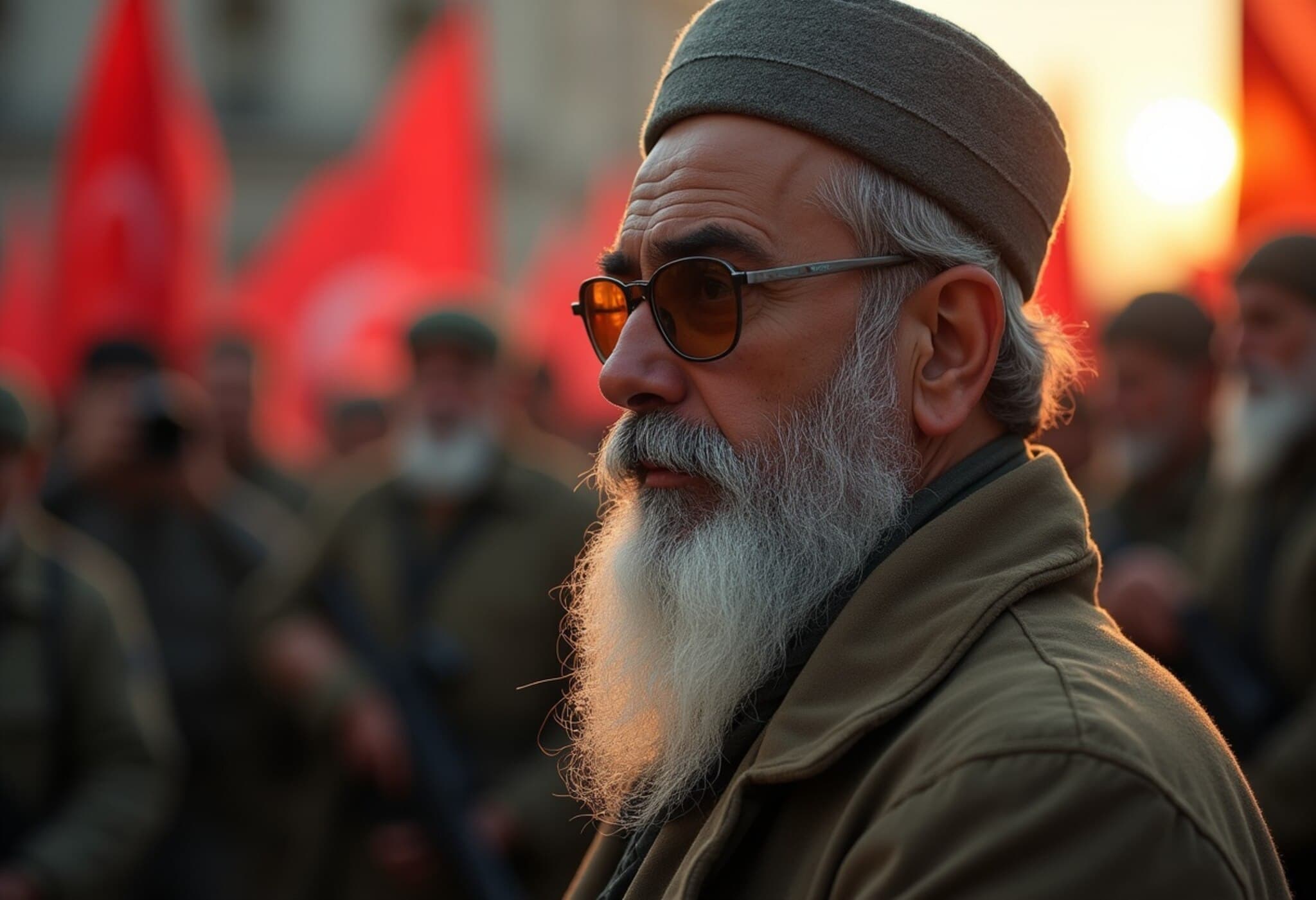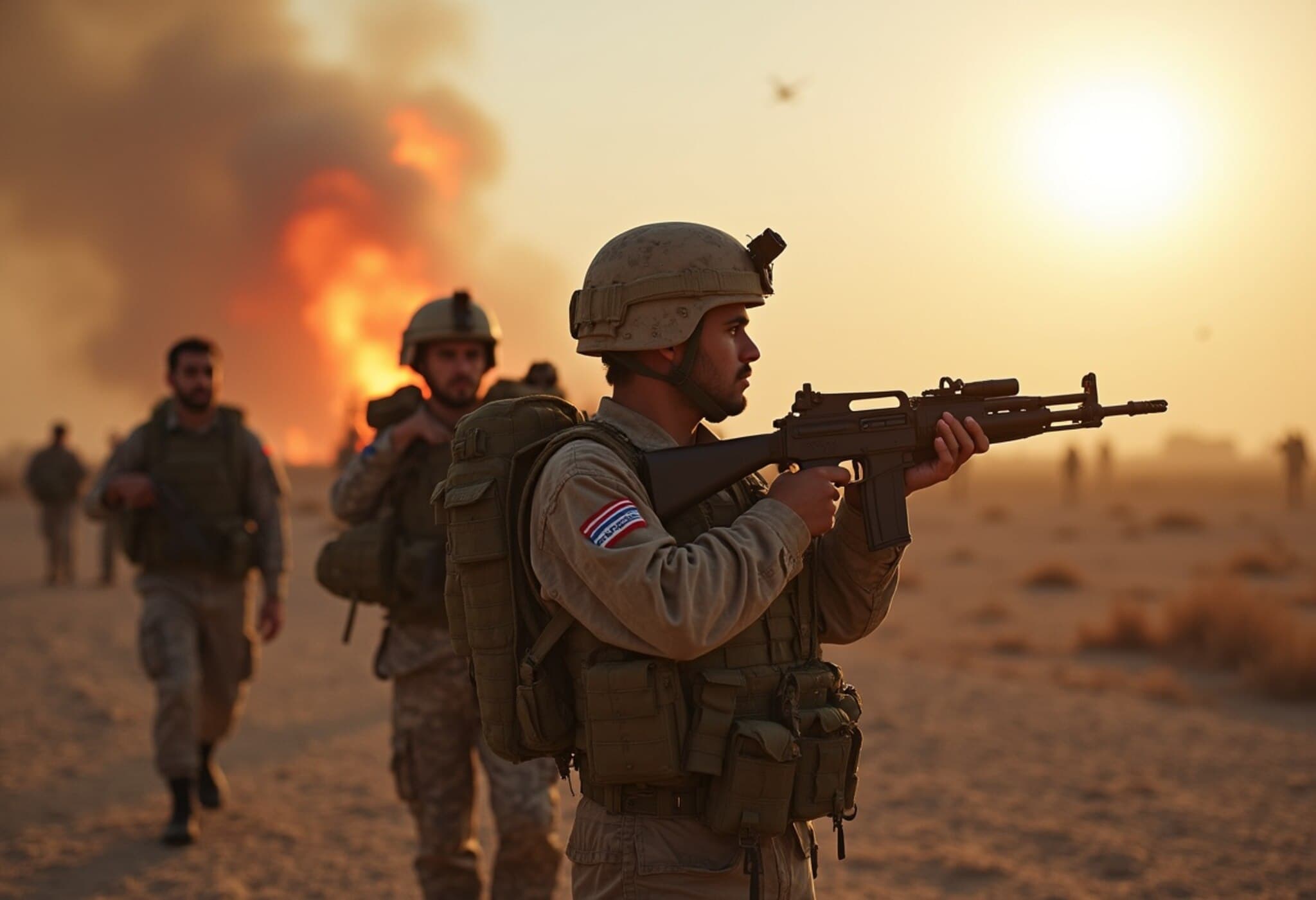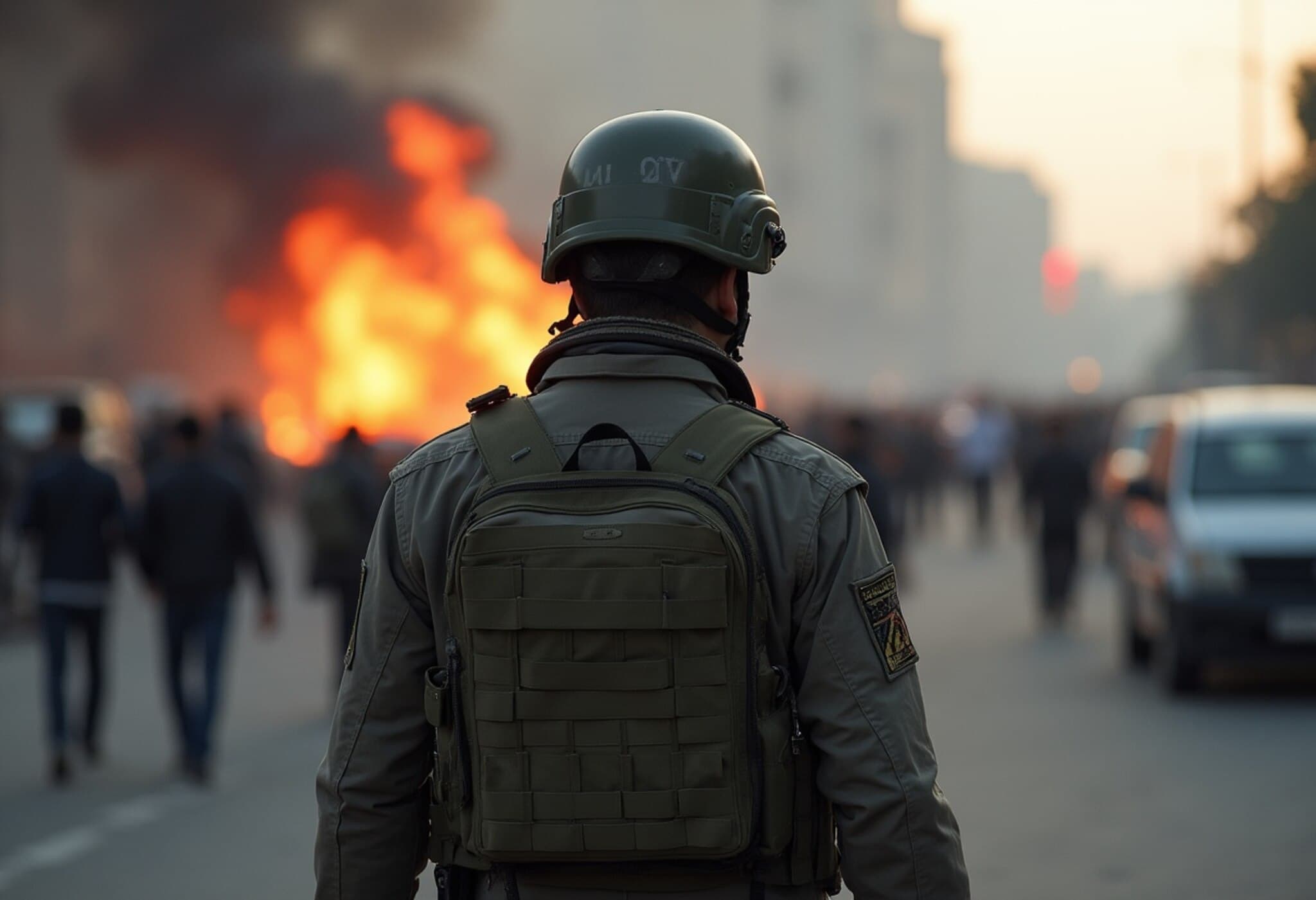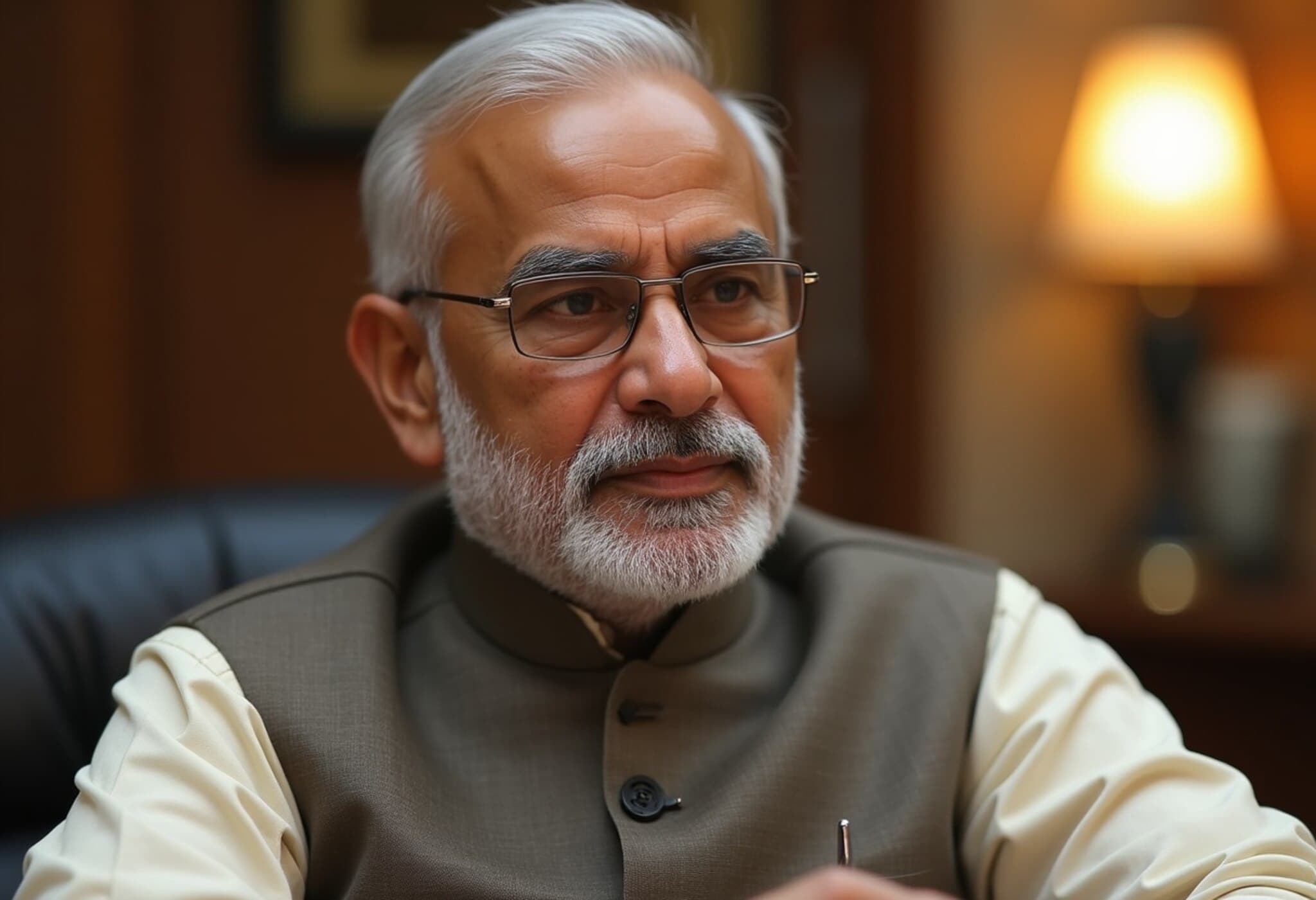Iran’s Security Chief Embarks on Crucial Tour to Iraq and Lebanon
Ali Larijani, Iran’s newly appointed head of the Supreme National Security Council, has launched a significant foreign visit to Iraq and Lebanon amid escalating tensions over the Lebanese government's controversial plan to disarm Hezbollah. This diplomatic outreach signals Tehran's determination to assert its influence and safeguard its interests in the region at a delicate geopolitical moment.
Context: The Hezbollah Disarmament Controversy
Lebanon's government recently approved a plan aimed at disarming Hezbollah, a powerful armed faction and political player closely allied with Tehran. The move has stirred fierce opposition from Iran, which views Hezbollah as a pivotal partner in its regional strategy and a key deterrent against Israeli aggression. The Lebanese government defends the decision as a step toward asserting state sovereignty, but Tehran denounces it as undue external influence, particularly from the United States and Israel.
Hezbollah’s Role and Regional Implications
- Hezbollah emerged as a dominant force during and after Israel’s occupation of southern Lebanon, building popular support as a resistance movement.
- Before the recent conflict, Hezbollah's military strength rivaled—and in some respects surpassed—that of Lebanon’s official army.
- The disarmament initiative gained momentum following last year’s intense conflict between Hezbollah and Israel, which weakened Hezbollah militarily but left its political influence intact.
Experts caution that disarming Hezbollah could destabilize Lebanon’s fragile power balance and provoke regional ripples, particularly from Iran, which perceives the move as threatening its strategic foothold.
Details of Larijani’s Visit
According to Iranian state media, Ali Larijani’s three-day visit begins Monday with signing a bilateral security agreement in Iraq, a neighboring country also significantly impacted by Iranian geopolitical ambitions. From there, Larijani travels to Lebanon, where he is set to meet with senior Lebanese officials and influential community figures to discuss the unfolding crisis.
Before departure, Larijani underscored Iran’s commitment to Lebanese sovereignty and unity, stating, “Lebanon’s independence is still important to us and we will contribute to it.” Meanwhile, Iran’s Foreign Ministry spokesman emphasized that Larijani’s mission aims to "maintain peace in the Middle East" and reaffirmed Iran’s recognition of Lebanon’s right to self-defense, including through military capabilities.
Political Stakes and Regional Security
- Larijani’s appointment to oversee Iran’s defense policy follows recent military confrontations between Iran and Israel, including Israel’s unprecedented mid-June airstrike campaign targeting Iranian sites.
- Iran’s strategy appears focused on strengthening alliances and countering US and Israeli pressure to weaken Hezbollah.
- The dynamic highlights the tug-of-war over Lebanon’s sovereignty and the broader contest for influence across the Middle East.
Expert Analysis: What This Means for the Region
As a veteran policymaker, Larijani’s deployment signals Tehran’s intention to carefully but resolutely challenge any attempts to curb Hezbollah's power. The high-profile visit could serve both to reassure Hezbollah and to dissuade Lebanese factions from proceeding with disarmament unilaterally.
From a US and Israeli perspective, the disarmament plan is seen as critical to Lebanon’s stability and regional security, especially given fears Israel could renew hostilities if Hezbollah remains armed. Conversely, Iran’s position frames this as Western and Israeli interference undermining Lebanon’s internal affairs.
This episode underscores the complex, often contradictory loyalties within Lebanon, where state authority coexists with powerful armed militias that are simultaneously domestic actors and regional proxies.
Looking Ahead: Challenges and Questions
- Will this visit facilitate a diplomatic compromise that respects Lebanon’s unity yet addresses Hezbollah’s armament?
- How might Iran’s tightening grip influence Lebanon’s sovereignty and internal balance of power?
- Could this trip either escalate or diffuse tensions with Israel, particularly after recent airstrikes targeting Iran?
Editor’s Note
Ali Larijani’s visit transcends mere diplomatic protocol; it highlights the tangled web of alliances, fears, and aspirations shaping Lebanon and the broader Middle East. With Hezbollah’s future at stake, Lebanon finds itself at a crossroad reflecting larger regional power plays—where the lines between sovereignty, security, and foreign influence blur. Understanding this visit provides a crucial lens on how diplomacy, military might, and political will intertwine in one of the world's most volatile theaters.

